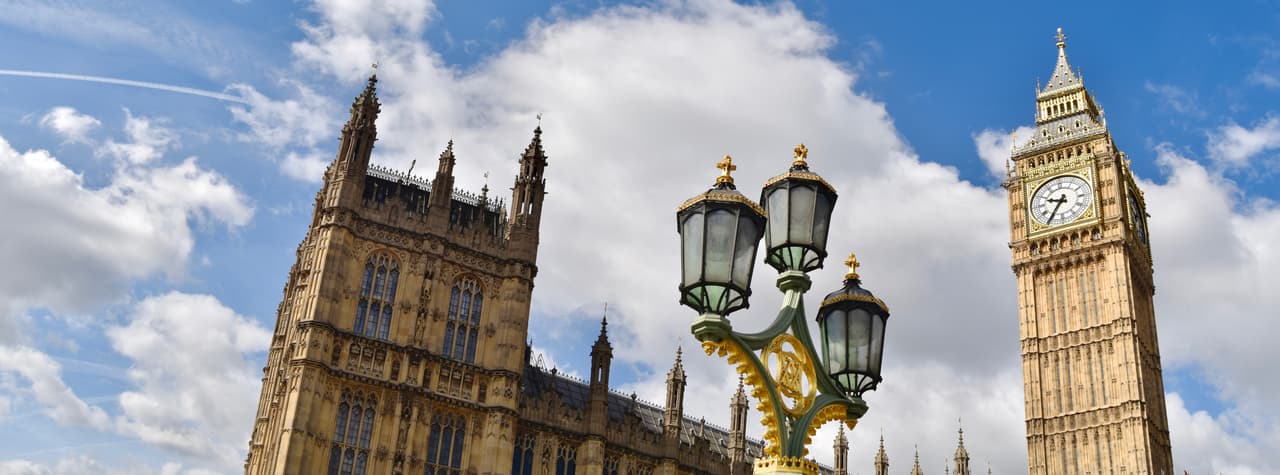
MPs cite the Bureau's research in report on council cuts
MPs have cited key findings from the Bureau’s investigation into the local government funding crisis in a major report.
Over the past two years the Bureau, coordinating almost 200 local partners, has been exploring the impact of unprecedented cuts on councils and local communities.
Earlier this year the Bureau submitted written evidence to the Housing, Communities and Local Government select committee’s inquiry into the sustainability of the sector and future council funding.
The report, published by the committee on Wednesday (August 21), features our findings prominently in its recommendations and conclusions.
The committee cited research by the Bureau that showed the number of local authorities making potentially risky property investments — in an attempt to replace lost funding with rental income — had doubled in the last two years, with many councils borrowing heavily from a government lending agency in order to fund the purchases.
Rob Whiteman, chief executive of the Chartered Institute of Public Finance and Accountancy, told the committee in response there had been in some cases “excessive borrowing” from the Public Work Loans Board (PWLB).
He gave Spelthorne borough council, in Surrey, as an example. Last December the Bureau revealed that the authority, which has a net annual budget of just £22 million, had borrowed £1 billion from the PWLB to finance an unprecedented spending spree on commercial properties.
Mr Whiteman said his institute had since tightened its borrowing code so that it was now “against guidance for that degree of commercial investment outside one’s area”, a change welcomed by the committee.
The report also refers to significant issues uncovered during the Bureau’s investigation about the data published about local council finances. The Bureau found key pieces of information in official datasets were wrong or significantly misleading.
This means it is “particularly difficult to place the financial figures and spending decisions of a single council into a local, regional or national context due to issues around the accessibility, transparency and quality of information”.
The committee recommended that the government should develop “a more regularised and consistent approach to the collection and monitoring of comparative data about councils’ performance, efficiency and sustainability”. It added that the “current situation means there can be no certainty about the state of individual councils or the sector as a whole”.
To highlight the increasing strain on children’s social services, the report cited the Bureau’s analysis, published in February 2018, which showed nine out of ten councils predicted they would spend more than they budgeted for that year.
The report said: “In terms of the overall level of overspend the Bureau’s work had found that in recent years children’s services was becoming the greatest pressure. It explained that ‘adjusted for changes in costs, the overspend across all councils on children’s social care reached £655m in 2016–17, while it was £536m for adult social care’.”
The government must give councils more money to deal with growing demand, the committee said.
Clive Betts, MP, the chairman of the committee, said: “The government’s attention has been elsewhere for too long and it must now establish a system of funding that both addresses immediate need and supports local authorities in meeting challenges of the future.”
The inquiry received more than 100 written submissions from local authorities, think-tanks, academics and others with insight or expertise in local government. The Bureau’s evidence was among the most prominently cited in the report.
The Bureau has been exploring the local government funding crisis since August 2017 as part of our Bureau Local project, which undertakes collaborative, data-driven investigations with a network of more than 1,000 people across the UK.
Most recently the Bureau Local revealed, in partnership with HuffPost UK, how cash-strapped councils had sold off thousands of public spaces, such as libraries, community centres and playgrounds, with some using the money to fund further cost-cutting and even to pay for hundreds of redundancies, including in frontline services.
Join the network
Become part of the Bureau Local — our collaborative network of reporters and citizens — and tell stories that matter.
Find out moreHeader image: The Houses of Parliament. Credit: Nick Amoscato/Flickr, under Creative Commons License 2.0




